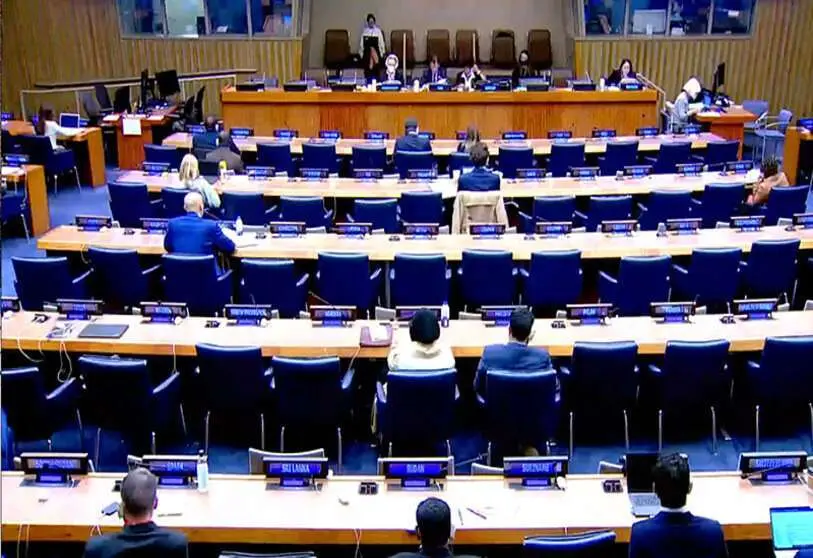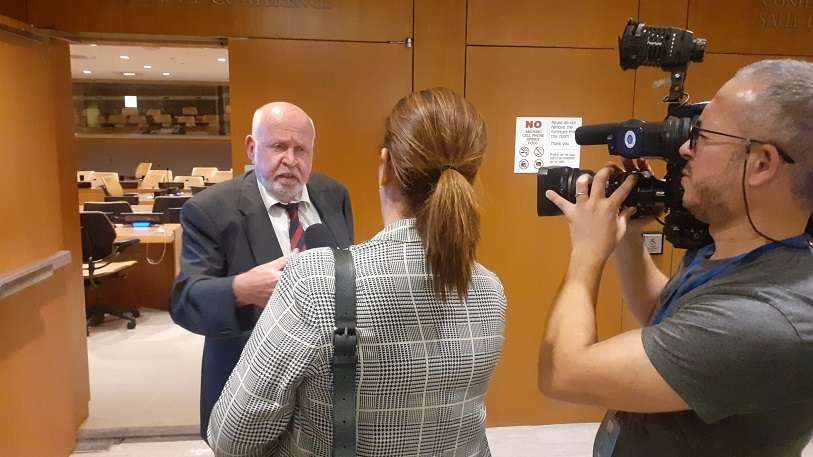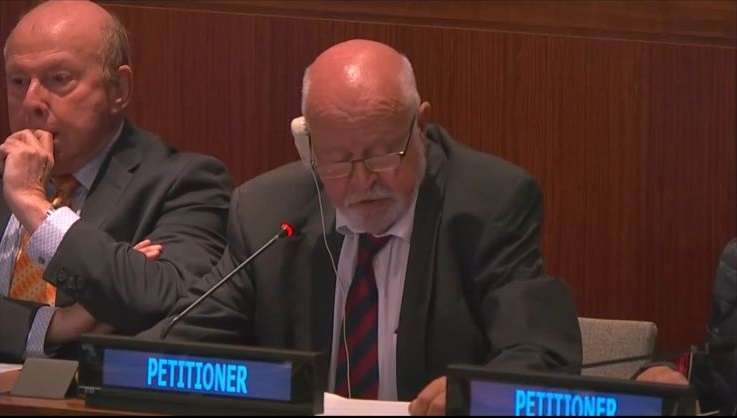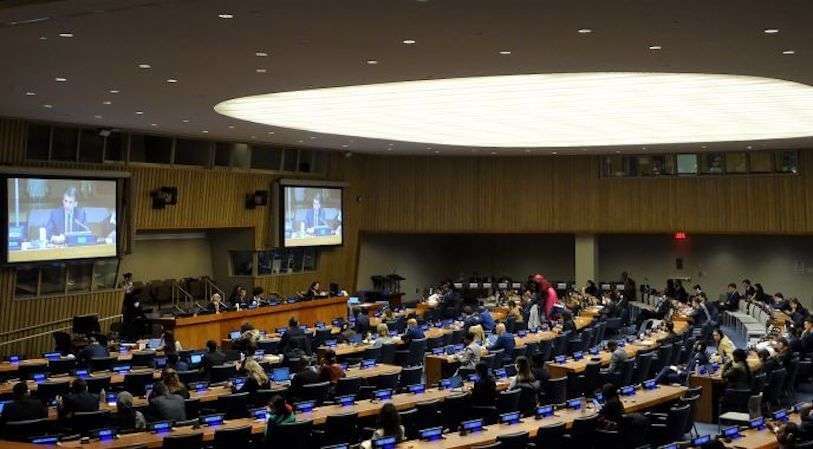Autonomía para el Sáhara

I am a Canarian, speaking on my own behalf, and on behalf of my association ACAMA. I was a founding member of the Popular Socialist Party and Secretary General of the PSOE in Las Palmas de Gran Canaria and as such I refuse to accept that what was said here yesterday represents the general opinion in the Canary Islands, as a single thought, when the truth is that the PSOE was the party with the most votes and is in the Canary Islands Government. I would like to point out that on 22 and 23 September, a conference on the future of Western Sahara was held in Las Palmas de Gran Canaria, with the participation of various sensitivities of the Saharawi people, tribal leaders, civil society associations such as human rights, young people, women and the Saharawi peace movement, which concluded with the presentation of the Manifesto of the Canary Islands that aims to give hope to the hostages in the Tindouf camps and to bring peace and security to the disputed territory.
A new actor, the Saharawi Movement for Peace, coming from within the ranks of the Polisario itself, has appeared on the scene, breaking the totalitarian one-party monopoly and with a sense of what is fundamental to put the interests of the suffering population of the camps ahead of the interests of the Polisario's host country, more interested in maintaining the conflict than in resolving it.

Mr President,
The humanitarian dimension of the Moroccan Sahara regional dispute highlights the undeniable responsibility of the host country of the Tindouf camps. As your recent political actions against Morocco and my country have shown, the host country of the Tindouf camps is not a spectator but the main actor in this humanitarian drama. In fact, this hostage population is suffering the worst human rights violations, in an unprecedented and exceptional situation under international humanitarian law.
The host country has delegated authority over part of its territory to an armed militia that has no legitimacy under international law, in defiance of its obligations under the 1951 refugee convention. The European Commission's 2007 OLAF report states: "Neither the host country nor the Polisario has agreed to a population count of the camps being carried out by international organisations, despite formal requests made by the UN High Commissioner for Refugees in 1977, 2003 and 2005, and to date this request has not been complied with.

This embezzlement, made possible by the host country's refusal to authorise the population census of the Tindouf camps, has allowed the personal enrichment of many Polisario leaders and the maintenance of a comfortable standard of living for them and their families outside the territory, while the vast majority of the population endures a harsh life, without freedom and without hope.
The UN human rights committee has rightly expressed its concern about the de facto devolution of authority from the host country of the Tindouf camps to the Polisario, in violation of its obligation to guarantee the rights of refugees under the international covenant on civil and political rights. This concern is reflected in the UN Secretary General's report S/2018/889.

In this situation of lawlessness, the populations of the camps are deprived of any possibility of judicial recourse in the face of the multiple violations of which they are victims. The Polisario leader himself, Brahim Ghali, is guilty of numerous crimes against humanity. This case is just one example of the numerous abductions, tortures, assassinations and imprisonments that have been going on since 1974, without being denounced or publicly acknowledged by the pro-Polisario organisations.
Mr. President,
The only way to put an end to the suffering of the people in the Tindouf camps is through a political solution based on the Autonomy Initiative. This solution promises real prospects for peace, stability and prosperity throughout the Sahelo-Saharan region and beyond.
My country has taken the historic decision to support autonomy as the most realistic, serious and credible solution to this long-standing dispute, thus making amends for the initial mistake of resolving the Sahara question as a matter of decolonisation when it was a matter of reincorporation into the Moroccan nation mutilated by colonialism.
Rafael Esparza's intervention in the Fourth Committee: UN Special and Decolonisation Policy









